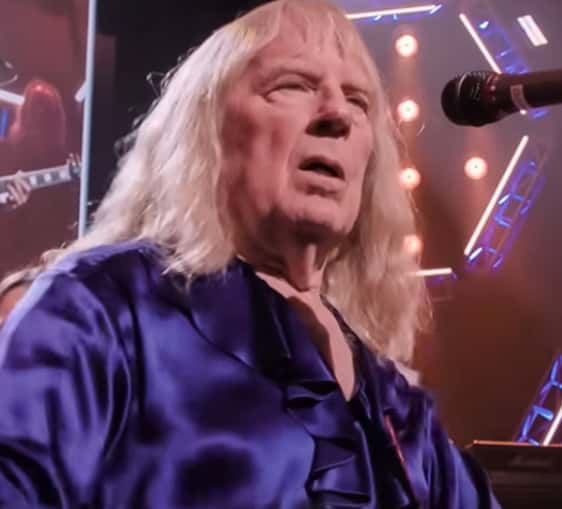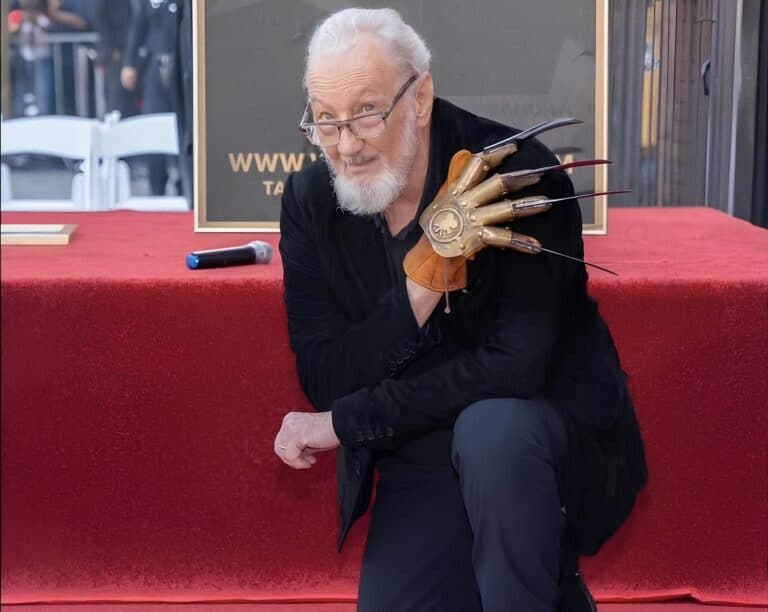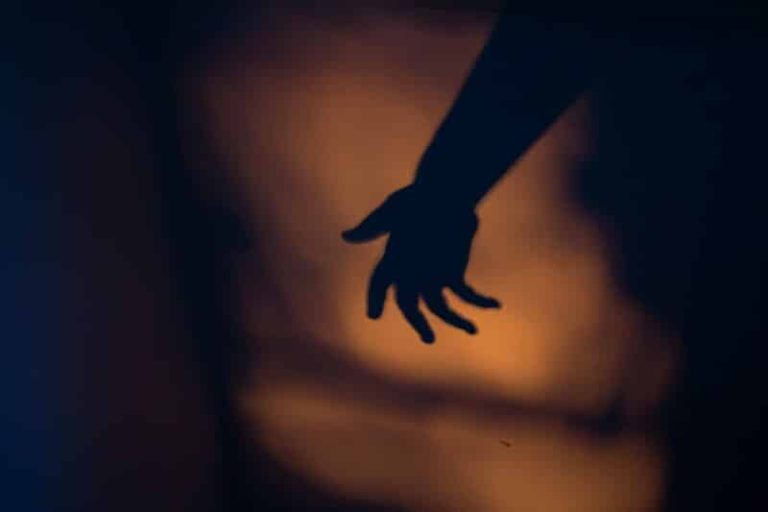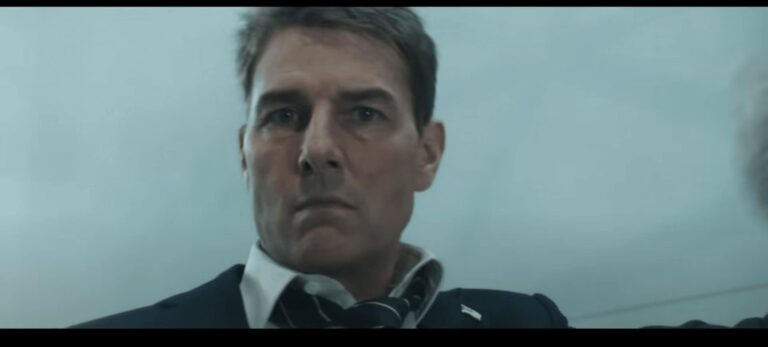‘I Was Quite Angry’: Spinal Tap Frontman Reacts to Sequel for the First Time
The boys from Spinal Tap are back! We all knew this day would come. After decades of drumming up nostalgia and milking every last ounce of comedy from their legendary 1984 mockumentary, we can’t wait to see what they’re doing. Here comes the sequel that’s got lead singer David St. Hubbins (Michael McKean) feeling more betrayed than a groupie left high and dry backstage. He’s got every right to be pissed.
Why David St. Hubbins is Done with Marty DiBergi’s BS
Spinal Tap II: The End Continues hits theaters, and Michael McKean – staying firmly in his Spinal Tap character as the perpetually confused frontman – isn’t holding back about how director Marty DiBergi (Rob Reiner) completely steamrolled the band.
Again.
“I was a bit thrown. A bit sandbagged,” St. Hubbins told Entertainment Weekly, and you can practically hear the exasperation lingering in his voice. “I felt once again that our inner souls were being bared against our will.”
This is pure, unfiltered David St. Hubbins realizing he’s been played by the same director who exploited them over 40 years ago. The man literally said he “hasn’t slept much” since seeing Spinal Tap at its premiere.
Michael McKean talked more with EW. McKean, as St. Hubbins, further described the film as being somewhat glum and offensive, stating:
It’s mopery or something. I’m sure it’s on the books, but I was quite angry. We were all angry, and the only trouble is that I’m a forgiving machine.
The Sequel Nobody Asked For But Everyone Deserves
The new film drags our beloved metal misfits through yet another gauntlet of embarrassment. We’re talking about a feud with Paul McCartney (because apparently even Beatles legends aren’t safe from Tap drama), the revelation that bassist Derek Smalls was having an affair with St. Hubbins’ wife, and – naturally – another dead drummer situation.
But here’s where it gets interesting: St. Hubbins spent the entire movie accusing his lifelong bandmate Nigel Tufnel (Christopher Guest) of sleeping with his wife, only to discover it was actually Derek all along. Oh boy.
When Comedy Crosses the Line into Cruelty
What makes this sequel particularly brutal isn’t just the humor – it’s how DiBergi continues to exploit these musicians’ personal disasters for entertainment. St. Hubbins’ reaction to seeing himself on screen reveals something genuinely heartbreaking about the relationship between documenter and subject. St. Hubbins explained in the mock interview:
People were coming up to me and telling me how much they loved it and how they liked the me, the David St. Hubbins, that they saw on the screen… The implication was that they weren’t that crazy about meeting me in person,
Dang. That’s some next-level psychological damage right there.
The Paul McCartney Clash That Nobody Saw Coming
One of the film’s most cringe-worthy moments involves Sir Paul offering some “helpful” songwriting advice that goes over about as well as you’d expect with the notoriously stubborn St. Hubbins. After watching McCartney’s side of the story in interviews, our frontman remains diplomatically unimpressed.
“I find him a bit of a closed shop,” St. Hubbins said with characteristic understatement. “He’s a decent songwriter. I’ll give him that.”
The shade is real, and honestly, it’s kind of refreshing to see someone not immediately genuflect at the altar of Beatles worship. Right?
Family Business Gets Messy in Spinal Tap Land
Perhaps the most interesting development in the sequel is how St. Hubbins processes betrayal within his musical family. After discovering Nigel’s innocence and Derek’s guilt, he channels some serious Tony Soprano energy about keeping the band together.
“Since I can’t have him bumped off, I might as well embrace him,” he said about Nigel, while dismissing Derek with a brutal “Well, he’s just a bass player.”
The hierarchy is clear, and the wounds run deep. So deep.
Rob Reiner’s Mastery of Mockumentary Manipulation
Credit where credit’s due – Rob Reiner knows exactly what he’s doing. By getting Paul McCartney and Elton John to actually perform with the band, he’s blurred the lines between fiction and reality so completely that even the fictional characters are having existential crises about their own existence.
The director was conscious about avoiding “stunt casting,” ensuring every celebrity cameo served the story. But let’s be honest: watching McCartney and John legitimize this fictional band probably messed with everyone’s heads, including the band members themselves.
It’s Such a Fine Line Between Stupid and Clever
Spinal Tap works because it taps into something genuinely painful about the music industry’s tendency to chew up and spit out artists. St. Hubbins‘ reaction to the sequel proves that even fictional exploitation can feel real when you’ve lived with these characters for four decades.
McKean’s commitment to staying in character while processing genuine frustration creates this weird meta-layer that makes the whole thing even funnier (and sadder at the same time). It’s like watching someone have a breakdown in real-time, except the breakdown is about a fake documentary about a fake band.
Spinal Tap: Comedy Gold Built on Real Pain
The sequel might leave St. Hubbins feeling “sandbagged,” but for audiences, it’s a reminder of why Spinal Tap remains the gold standard for music mockumentaries. Sometimes the best comedy comes from the darkest places, and nobody mines that darkness quite like these guys.





